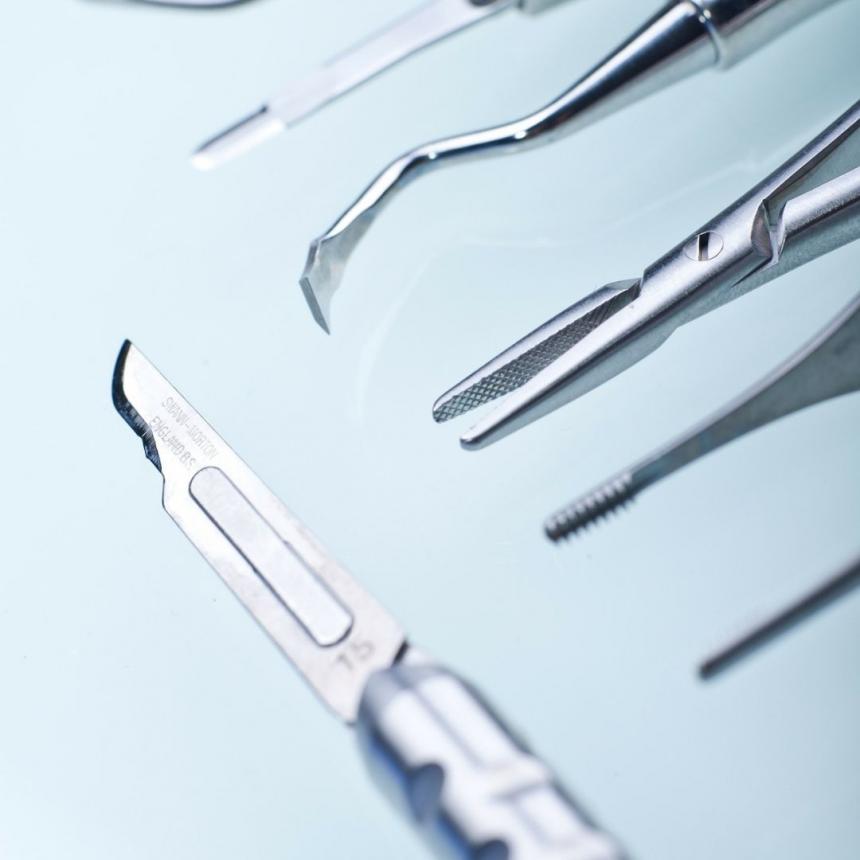In recent years, the use of nickel-titanium alloy or nitinol has become very prevalent in the dental field, particularly in manufacturing endodontic instruments, which are devices that are designed to suit the soft tissue inside a tooth. Nitinol is particularly preferred in dentistry because of its greater strength and elasticity in comparison with other metal alloys. In fact, nitinol is super elastic in nature, that is, it can return to its original shape even after severe deformation. All these properties make this alloy an integral part of endodontology, particularly for making root canal instruments.
Nickel-titanium alloy’s characteristics and advantages will be discussed here:
The Characteristics of Nitinol
Nickel-titanium alloy is also called NiTi in the field of dentistry. Experts in the industry know Niti or Nitinol to possess amazing properties as it is equiatomic in nature, that is, it contains an equal number of two or more atoms. Moreover, a very minimal change in its composition, as small as 0.1%, can lead to a 10°C change in Nitinol’s transformation temperature as well as in its mechanical properties. All these characteristics make it very useful from an endodontological standpoint.
Using Nitinol in Dentistry
Nitinol is famously used in dentistry in making root canal shaping devices due to its high flexibility. The superelasticity of Nitinol is triggered when a huge reversible deformation occurs, where stress or deformation seems to be constant, until a certain threshold. This behaviour is the result of the alloy’s martensitic transformation that happens at its crystallographic level.
These properties make nickel-titanium alloy the top choice in endodontics. But of course, it’s up to the doctors to use it properly when handling the instruments as it is the final deciding point for the successful application of nitinol in dentistry.
Overall, it looks like the alloy will continue to be in demand in the dental field in the coming years due to the unique properties that make it conducive for dental implants.
To recycle the valuable nickel-titanium alloy, look no further than Alnor Industries Ltd., a family-owned institution based out of Mississauga, Ontario. We have been successfully recycling copper, high-speed steel, and all types of alloys for decades. Contact us today to know more about our facility.



